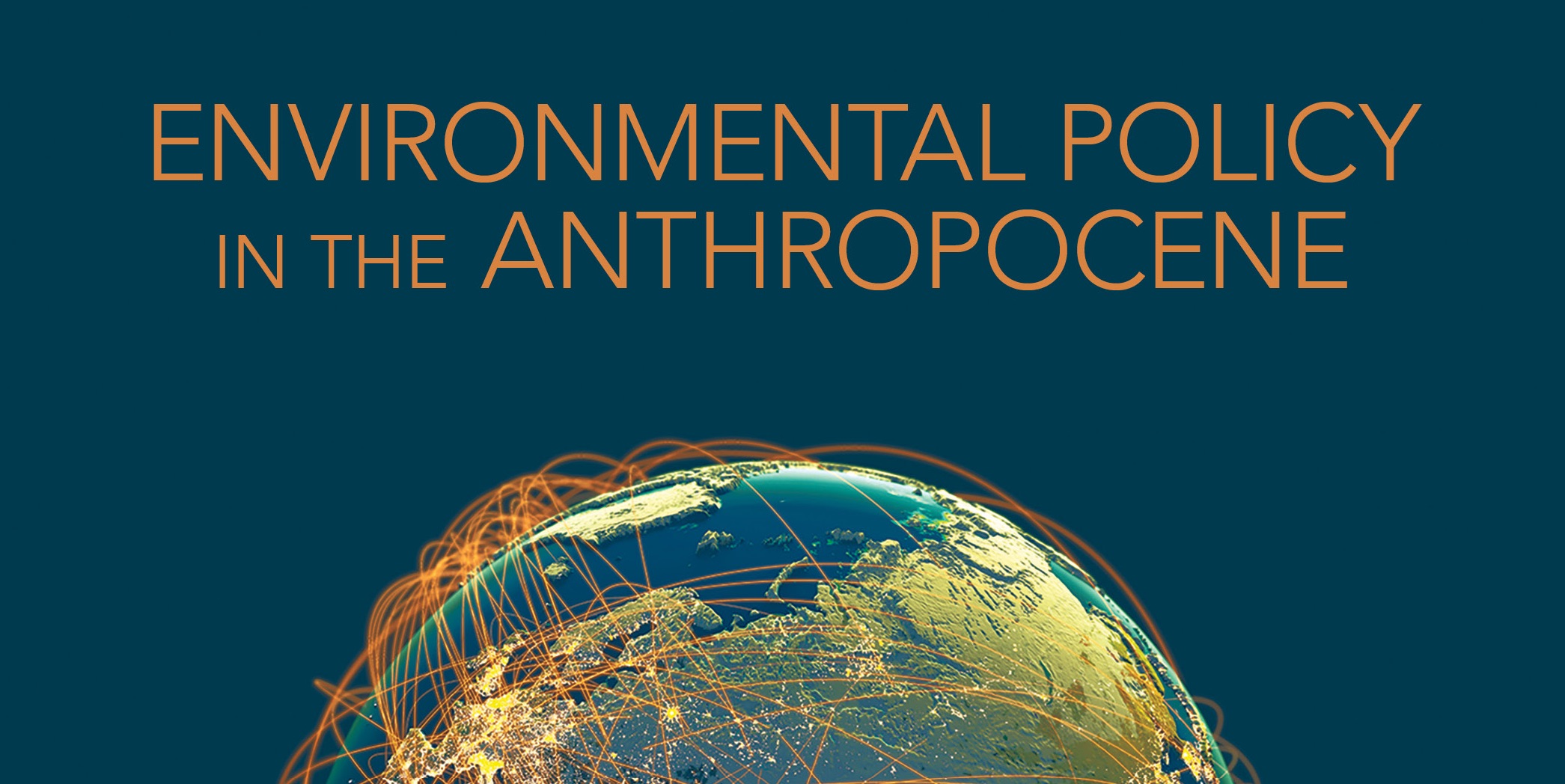Originally published in Environmental Policy in the Anthropocene (PERC, 2016). Download this full chapter here.
In 1986, James Buchanan won the Nobel Prize in economics for changing the way we think about politics. Buchanan’s key insight was that economists should use the same tools and methods to analyze political behavior as they do to understand economic behavior. In other words, he viewed political actors as fundamentally the same as individuals engaging in market activity. Along with his colleague Gordon Tullock, Buchanan pioneered a new subfield of economic analysis known as public choice theory, which, in Buchanan’s words, could be summed up simply in just three words: “politics without romance.”
Public choice theory, Buchanan argued, “models the realities rather than the romance of political institutions.” Individuals are guided by the same motivations in the political process as they are in market settings, and there is no reason to think otherwise. Politicians, bureaucrats, and voters, like people engaging in everyday market exchange, are motivated more by self-interest than by the public interest.
This was a simple insight, but it had important implications for economic and political analysis. There had long been a certain degree of romance in politics, even among scholars. As late as the 1960s, most economists tended to implicitly model political actors as selfless public servants seeking to promote the public good. Politicians promoted the public interest, rather than their own interests. Bureaucrats sought to advance their agencies’ missions, not their own budgets or authority. And voters sought to improve the public good, not to extract political favors for their own personal gain. All the while, the basic rational choice model used to study individuals engaging in markets was widely accepted, but it was strangely missing from most analyses of political or regulatory action.
By the time Buchanan was awarded the Nobel Prize, this idealized view of politics, either implicit or explicit in most traditional economic models, was no longer seen as a valid approach to economic analysis. “The romance is gone,” Buchanan said in 1979, “perhaps never to be regained.” Today, public choice theory remains an active research program within economics, emphasizing the realities rather than the romance of politics.
Of course, politics is not the only area where we are subject to romantic tendencies. Environmental issues arguably elicit even greater romantic sentiments, particularly as they relate to views about the natural world and our place within it. Notions of a harmony with nature, Edenic visions of pristine nature, and metaphors of “Mother Nature” are prominent in modern discussions of environmental issues. Related ideas of equilibrium or the balance of nature undisturbed by humans have also dominated the science of ecology for much of its history. And many environmental policies are based on the idea of restoring ecosystems to a historic baseline or preserving a perceived balance to nature.
But the romance of environmentalism is slowly fading. Today, there is growing skepticism about these idealized undertones to environmentalism, and in turn, to environmental policy. A new generation of ecologists is challenging the idea of an inherent balance in nature based on the lack of empirical support. Moreover, scientists are concluding that human action cannot readily be separated from the natural world. Research in paleoecology and other fields is revealing that landscapes once thought to be uninfluenced by humans were in fact dramatically affected by indigenous peoples. A new generation of conservationists is rejecting the idea of pristine nature as a worthy or practical conservation goal and adopting a more nuanced vision of the environment that includes human action. Scientists have even proposed the concept of the Anthropocene—the “age of man”—as a new geologic epoch to reflect the magnitude of human influences on the natural world.
These realities imply a very different lens for viewing environmental problems, one that focuses on the realities rather than the romance of the environment. Once we accept that nature is dynamic and profoundly shaped by and connected to human action, we are compelled to see environmental problems in a new light. In this view, environmental problems cannot be thought of as simply the consequence of human violations on the balance of nature. Ecologists are rejecting the notion of a natural harmony in ecosystems. Nor can environmental problems be solved by simply separating the natural environment from human influences. The notion of the Anthropocene suggests that doing so is impractical or even impossible. Instead, in the age of the Anthropocene, environmental problems become questions of how to resolve competing human demands on an ever-changing natural world.
Most environmental issues are not resolved by science alone. Science does not tell us which ecological states are “right” or which environmental policies are best. And as we are discovering more and more, many ecological concepts are themselves normative; they offer little guidance for resolving conflicts over competing human values and preferences. Thus, most environmental problems are fundamentally questions of human values—of what landscapes we prefer, what elements of the natural world we want to preserve, and what aspects of nature we want, or do not want, around.
This essay makes the case for “environmentalism without romance.” It describes why traditional environmental goals of nature in balance or nature undisturbed by human action are mistaken or unrealistic in the age of the Anthropocene. It then attempts to reorient the discussion of environmental issues as one of comparative institutional analysis.




